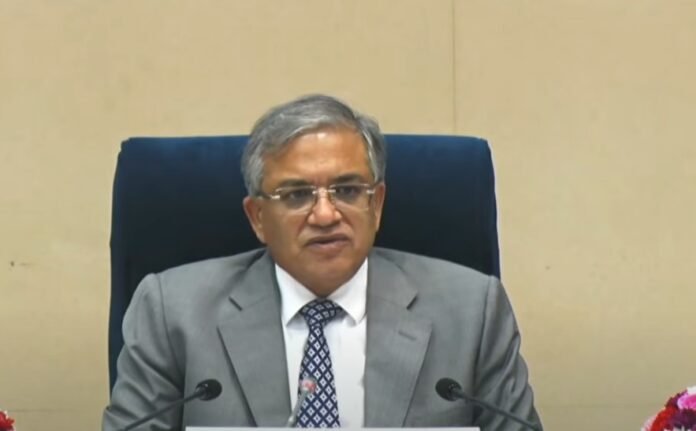Mary E. Brunkow, Fred Ramsdell, and Dr. Shimon Sakaguchi have been awarded the 2025 Nobel Prize in Physiology or Medicine for pioneering work on peripheral immune tolerance. The trio’s discoveries explain how the body keeps its immune cells in check, opening new avenues for treating cancer, autoimmune disorders, and improving organ transplants.
Who are the laureates?
- Mary E. Brunkow (64) is a senior program manager at the Institute for Systems Biology in Seattle.
- Fred Ramsdell (64) works as a scientific adviser for Sonoma Biotherapeutics in San Francisco.
- Dr. Shimon Sakaguchi (74) is a distinguished professor at Osaka University’s Immunology Frontier Research Center in Japan.
The Nobel Committee highlighted that their research launched the field of peripheral tolerance—a mechanism that prevents overactive immune cells from attacking the body’s own tissues.
How did it change medicine?
Sakaguchi first identified a new type of T cell, called a regulatory T cell (T‑reg), in 1995. Brunkow and Ramsdell followed up with a 2001 study that pinpointed a mutation in the Foxp3 gene, linked to a rare autoimmune disease. Two years later, Sakaguchi showed that Foxp3 controls the development of T‑regs, which act like internal security guards to halt runaway immune cells.
These insights help scientists develop:
- New cancer therapies that carefully balance immune activation.
- Drugs for autoimmune diseases such as rheumatoid arthritis and lupus.
- Strategies to improve organ and tissue transplant success.
Words from the Nobel Chair
Olle Kämpe, chair of the Nobel Committee, praised the trio’s work as “decisive for our understanding of immune function and why we do not all develop serious autoimmune diseases.”
What’s next for the Nobel calendar?
Today’s award was announced by a panel at the Karolinska Institute in Stockholm. The physics prize will follow on Tuesday, chemistry on Wednesday, literature on Thursday, the Peace Prize on Friday, and the Economics Prize on October 13.
Ceremony details
The 2025 Nobel Prize ceremony will take place on December 10 at the Stockholm Concert Hall, marking Alfred Nobel’s anniversary. Each laureate will receive nearly $1.2 million from the 11 million Swedish kronor prize pool.
The news of the award marks a major milestone for researchers worldwide, promising new treatments that could change the lives of millions affected by cancer and autoimmune diseases.
Source: New York Post
Stay informed on all the latest news, real-time breaking news updates, and follow all the important headlines in world News on Latest NewsX. Follow us on social media Facebook, Twitter(X), Gettr and subscribe our Youtube Channel.



